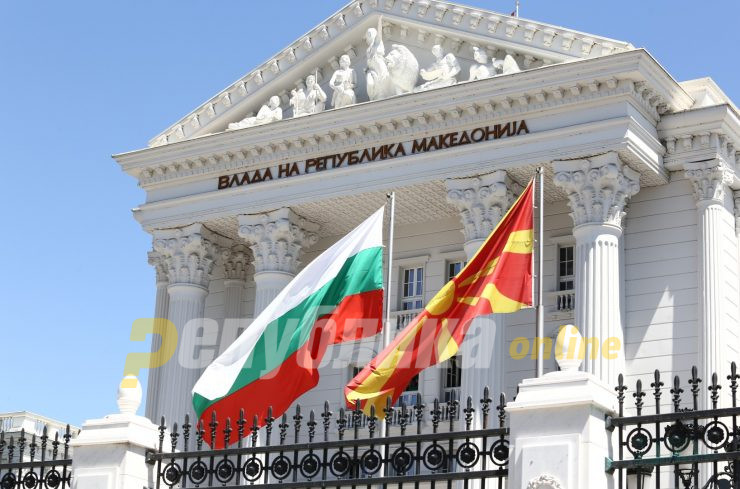MEP Andreas Schieder proposes to invite eminent foreign historians to the joint commission to overcome the deadlock between Macedonia and Bulgaria over historical issues, MIA reports from Brussels.
I have a suggestion for the joint commission that if its work remains stuck as it is now, we may need to invite two or three eminent EU historians who are not involved in the region to help put the issue into a scientific framework, Schieder told a briefing with reporters dedicated to Macedonia.
According to Schieder, Bulgaria’s blockade on the start of negotiations with Macedonia is unacceptable. He stressed that politicians often use identity issues to cover up weaknesses on more important issues such as education or employment.
Blocking the start of negotiations is counterproductive because accession is a problem-solving tool. Politicians in the Balkans, as elsewhere in the world, prepare identity topics when they do not have answers to basic questions such as employment, education, living standards, and I am afraid this is the truth about this debate as well, Schieder told reporters this morning.
The rapporteur for Macedonia, Ilhan Kyuchyuk, also called for focusing on co-operation and positive developments between Macedonia and Bulgaria, instead of building walls. He cited several examples of positive co-operation, such as that between MIA and the Bulgarian News Agency, co-operation between universities in the two countries, and urged journalists to be part of the positive narrative.

Asked why the amendment condemning the provocative speech by Bulgaria in the report on Macedonia, an amendment prepared by MEP Schider, did not pass, he said he hoped it would pass.
Our amendment was difficult, because we tried to criticize the Bulgarian government, but we did not find a majority, although I expected it. However, that shaped the debate and that was the idea of this amendment, to have stronger criticism from the European Parliament, not to add fuel to the fire, the MEP said, adding that history debates do not help create a common future.
Kyuchyuk said that although the trust between Sofia and Skopje has been broken, now the focus on the Friendship Agreement should be restored and the lost trust should be rebuilt on behalf of future generations.
Schieder and Kyuchyuk disagreed on the EU’s attitude towards Macedonia and the Western Balkans. While the rapporteur for Macedonia considers that the assistance in the fight against Covid-19 and the talks on the region are at a high level, Schieder assessed that the President of the European Council, Charles Michel, proved “clumsy” in his work, referring among other things to the Ankara protocol scandal, but also in response to Michel’s silence over the alleged non-paper of the Slovenian Prime Minister, Janez Jansa.
As a reminder, the Western Balkans have not been on the Council’s agenda since December last year.
I think it is related because no one knows how to overcome this blockade and not all governments are happy that there is so little of the Western Balkans on the agenda, we need to push for this, the European Parliament is the right place for that, Schieder said.
He also criticized the European Commission for providing too little vaccine aid in the region.
The Covid-19 situation in Macedonia is difficult and the first delivery of the AstraZeneca vaccine under the Covax program arrived in April, the vaccination process is very slow and the EU should bear responsibility, if Europe is sincere about the future of the Western Balkans we should’ve order doses for the region as well. I am also ashamed that we did not do it and that Serbia and China are filling this strategic gap, said MEP Andreas Schieder.
The scandal with the forged Macedonian passports used by criminals in the region was also discussed at the briefing.
According to MEP Kyuchyuk, this is a worrying development.
The latest scandals are deeply worrying in Macedonia, they are not in my report because they happened afterwards, but deep reforms in the judiciary, the legal framework and the rule of law are needed, said Kyuchyuk.
Schieder also says this scandal is another sign that the fight against corruption is necessary.
But this also shows that there is activity in the fight against corruption, said the MEP and added that he does not expect this scandal to have a negative impact on the visa regime for Macedonia with the EU, because the country has shown that things are going in the right direction.





Comments are closed for this post.